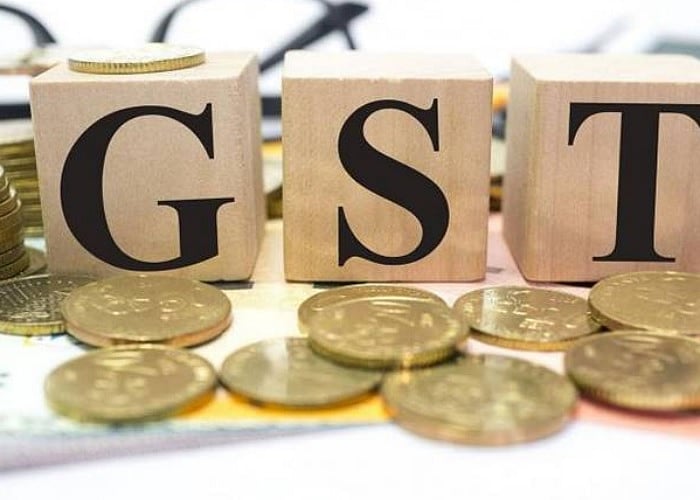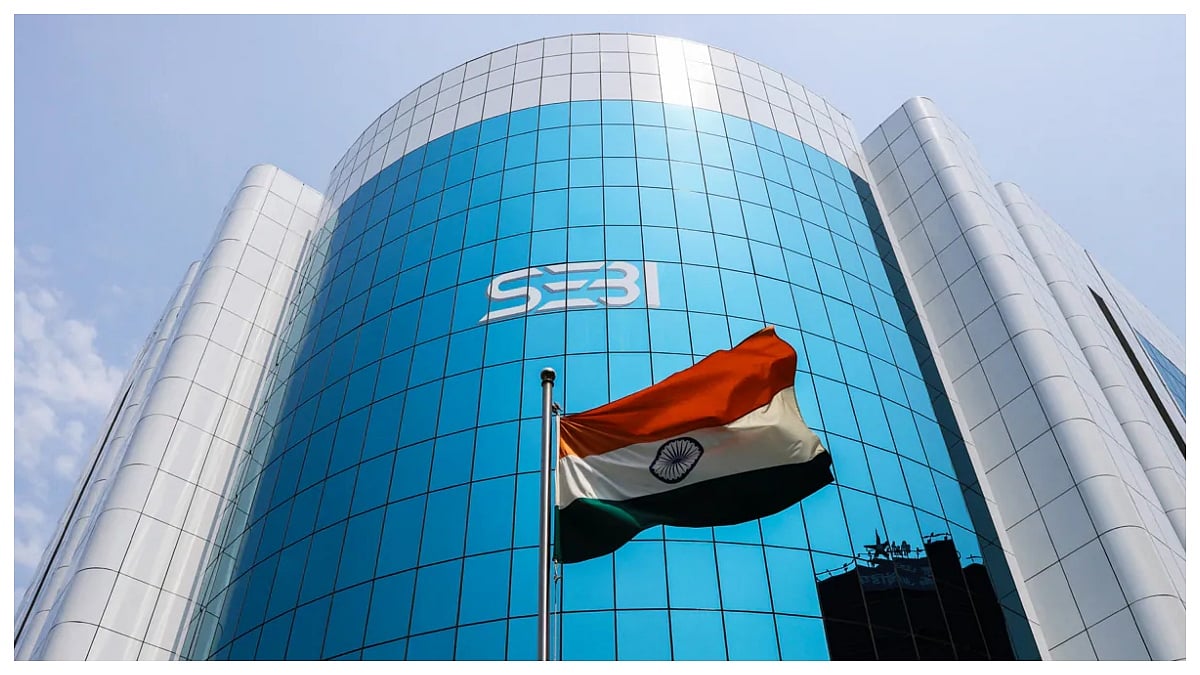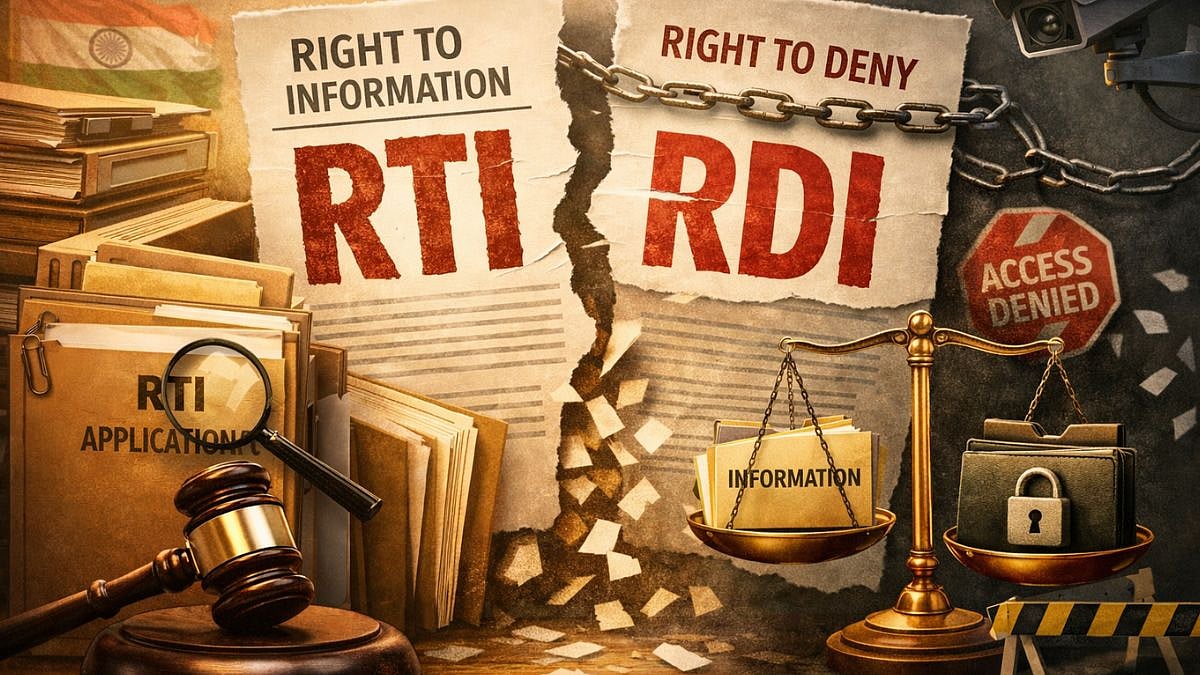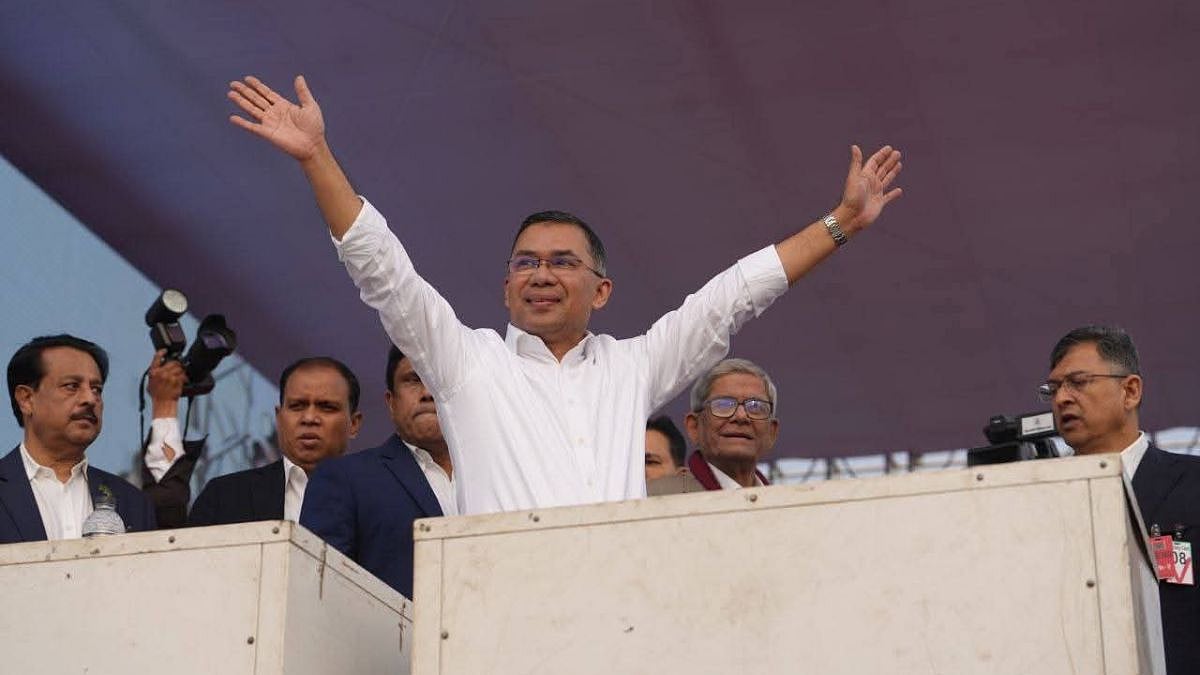The economic numbers are beginning to look up after the coronavirus hiatus. Though the pandemic is still around, economic activity is gaining momentum. The Goods and Services Tax collections rose 10.2 per cent in October over the same month last year, totalling Rs 1.05 lakh crore. In the previous month, the GST collection at Rs 95,480 crore, was four per cent higher than in the corresponding month last year. Also, railway freight in October was 15 per cent higher than in the preceding year.
Whether the higher mop-up of GST was due to a one-time pent-up demand and partially due to the festival season demand was hard to tell. Even the current month ought to result in better collections, thanks to the mid-November Diwali. As more and more sectors open, now that the growth of Covid-19 infections is coming down daily, there is hope of a further spurt in economic activity. Travel, tourism, entertainment, hotels, aviation, etc. are yet to be fully normal. Under the circumstances, the October GST collection and freight hauling by the railways are certainly positive signs. Besides, e-way bill generation in October was 21 per cent higher than for the same period last year.
The government sees in the above indices the strength of the economy. Major auto sector companies have also reported record sales in October. It may partially be due to the extra money in the hands of millions of government servants given as long-term interest-free loans and partly on account of the festival season but there can be no denying that economic revival is underway. Whether overall growth in 2020-21 will remain in the negative territory or it will be near-zero ought to become clear soon. At least, the worst seems to be over as far as the pandemic-inflicted economic loss is concerned.
Meanwhile, even the corporate results for the second quarter indicate economic revival. Several sectors like auto ancillaries, IT, FMCG, steel, cement, etc. have reported healthy numbers. After the dismal performance in the first quarter due to the lockdown, the second quarter demand shows a significant rise. Share markets are demonstratively enthused by the second quarter corporate results.
Of course, there are areas of concern both in structural reforms and policy terms. The failure to disinvest in any of the PSUs long on the sell-off list, such as Air India, may actually underline the fear of criticism from an opportunistic Opposition, in case the 'right’ price eludes the seller. The same fear deters the government from accepting the arbitration award in the Vodafone case and thus putting behind an avoidable tangle which has served as a warning to foreign investors against betting on a country with an unstable legal framework.
On the other hand, benign global crude prices, booming foreign exchange reserves and share markets, etc. are all optimistic signs. After a long time, we have a current- account surplus due to lower imports of gold, Chinese goods and low crude oil prices. Policy-makers may need to consider further stimulus to ensure that there is a healthy step-up in off-take of bank credit, which remains woefully low despite competitive interest rates. So far, the big public spending on major infrastructure alone seems to be driving the demand.
Delhi’s killer pollution
Delhi, the capital of India, ranks as one of the worst-polluted in the country. Citizens young and old, healthy and infirm, suffer from air-borne diseases such as lung cancer, respiratory infections, cough, colds, etc. Even three- and four-year-olds are routinely made to undergo nebulisation. Routinely, the local government blames the neighbouring states for the dangerous levels of particulate matter in the air, though it has failed to address the pollution from public and private transport, building construction, illegal industries, etc. However, the main cause is the burning of farm waste in order to ready the fields for the rabi sowing.
Despite sporadic attempts to encourage farmers to use machines to collect and recycle farm waste, pollution levels continue to rise. It is in this context that the constitution of a multi-ministerial commission for air quality management by the Central government holds promise. It will formulate rules and set emission standards and have the power to impose fines of up to Rs one crore and imprisonment up to five years on violators. Winter winds trap pollutants, making it harder for the people in the National Capital Region to breathe. Of course, farmers and their families too suffer. But a concerted effort to educate them and to offer monetary incentives will do the trick rather than the threat of fines and jail terms.









